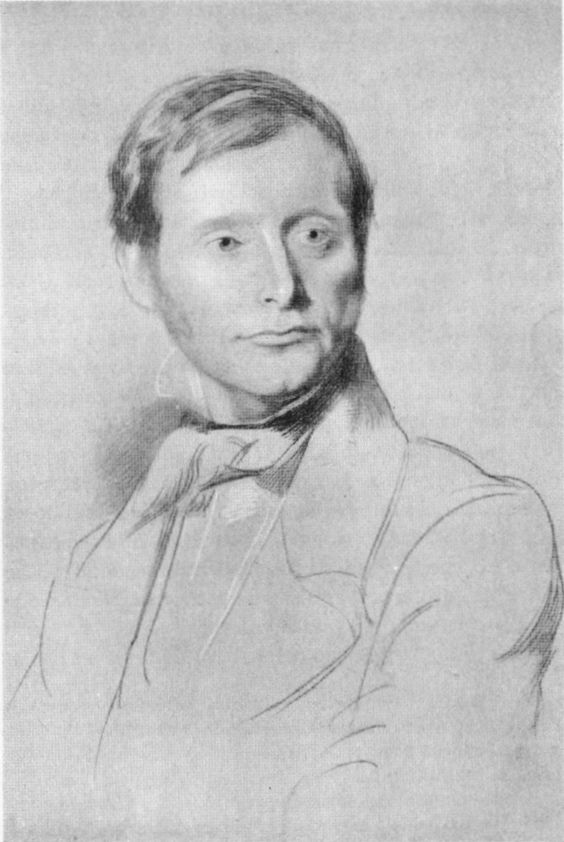
William Edward Forster
William Edward Forster, PC, FRS (11 July 1818 – 5 April 1886) was an English industrialist, philanthropist and Liberal Party statesman. As a minister in Gladstone's government, he steered through the Elementary Education Act 1870 which wss the foundation of compulsory national free education for children in the UK. However his reputation was later greatly tarnished by his coercive policies as minister for Ireland, then in the throes of a struggle for independence. His purported advocacy of the Irish Constabulary's use of lethal force against the National Land League earned him the nickname Buckshot Forster from Irish nationalists.[1]
For other people named William Forster, see William Forster (disambiguation).
William Edward Forster
Early life[edit]
Born to William and Anna Forster, Quaker parents at Bradpole, near Bridport in Dorset, Forster was educated at the Quaker school at Tottenham, where his father's family had long been settled, and on leaving school he was put into business. He declined to enter a brewery and became involved in woollen manufacture in Burley-in-Wharfedale, Yorkshire. In 1850 he married Jane Martha, eldest daughter of Dr Thomas Arnold. She was not a Quaker and Forster was formally read out of meeting for marrying her, but the Friends who were commissioned to announce the sentence "shook hands and stayed to luncheon". Forster thereafter ranked himself as a member of the Church of England.[2]
The Forsters had no natural children, but when Mrs Forster's brother, William Delafield Arnold, died in 1859, leaving three orphans, the Forsters adopted them as their own. One of the children was Hugh Oakeley Arnold-Forster, a Liberal Unionist member of parliament, who eventually became a member of Balfour's cabinet.[2] Another was Florence Arnold-Forster, who started Limerick Lace and she wrote a journal about family life and politics in the 1880s.[3] The youngest child, Frances Egerton Arnold-Forster, compiled the first systematic study of English church dedications, published in 1899 as "Studies in English Church Dedications or England's Patron Saints".[4]
William Forster became known as a practical philanthropist. In 1846–47, he accompanied his father to Ireland as distributor of the Friends' relief fund for the Great Irish Famine in Connemara, and the state of the country made a deep impression on him. He began to take an active part in public affairs by speaking and lecturing.[2]
In popular culture[edit]
Forster is referred to as 'Buckshot' in the Irish folk song "Monto" made famous by The Dubliners and in Andy Irvine's song Forgotten Hero about Michael Davitt.